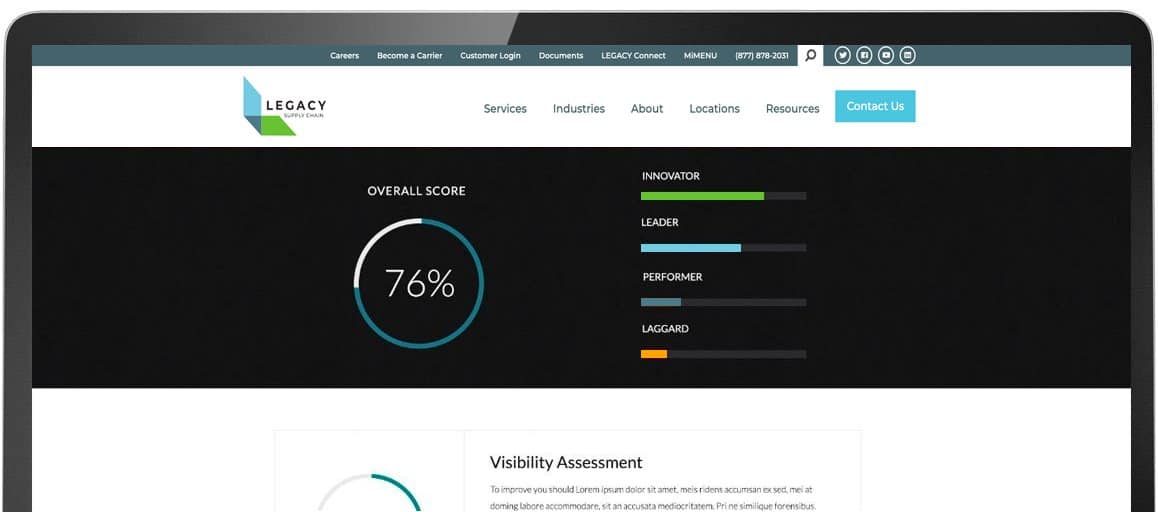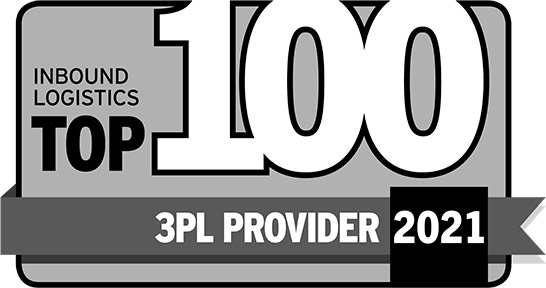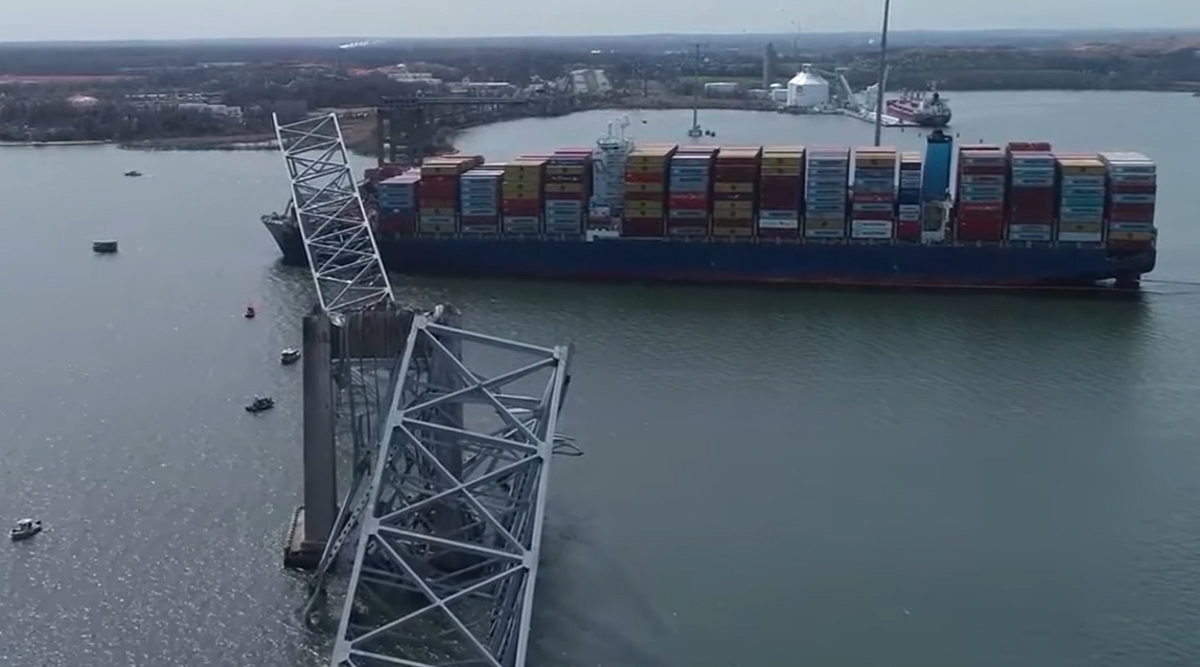Transportation Management Systems 101
Transportation Management Systems (TMS) offerings are popping up all over the place nowadays. From large world-class systems to small in-house BOL printing programs, a properly leveraged TMS can be a shipper’s best friend.
Simply put, a TMS is a software system designed to manage transportation operations (thanks wikipedia). A good third party warehousing and logistics provider will have this tool in their arsenal to provide real solutions to clients. Let’s look at some of the functions that a good Transportation Management System offers. More importantly, let’s see how leveraging one can enhance transportation operations and drive ROI.
TMS – The Basics
- Rate shopping and transportation mode optimization
- Transportation execution and shipping document creation
- Online shipment visibility, status tracking and reporting
These core functions alone can create significant advantages for shippers. Having quick and accurate access to transportation rates allows for better forecasting and profit margin management. Online execution of shipments with built-in track and trace functionality gives companies visibility to what is happening in their supply chain, making it easier to meet customer demand. Proper utilization and management of these functions can turn those evil transportation costs into a profit center.
TMS as a Competitive Advantage
In order to really take advantage of TMS functions, companies would want to look further at how transportation affects their business and how it can become a competitive business advantage. Proper transportation management can truly turn a once clunky, “necessary evil” business process into a streamlined, ROI-driving machine. That said, here are some TMS functions that add real value to your business:
- Automated transportation margin management – a TMS should allow a company to build in freight costs and markups, and more importantly extend that information in real-time to sales field agents and customers via existing sales channels
- Leveraging TMS to improve internal business processes, thus driving down costs. This could include direct integration with purchase order, WMS and accounting systems.
- Integrating TMS with suppliers and customers and passing information to supply chain partners improves communications, eliminates wasteful data processing and streamlines business processes.
- Contract management and analysis – being able to analyze transportation costs, and compare your own rates across outsourced rates means transportation spend is optimized at a transactional level, not after the fact.
- Freight audit/revenue recovery – carriers are known for billing revisions. Knowing that you are paying for proper service levels, accessorial charges and other details can be a big win
- A 3PL utilizing TMS technology will be able to optimize transportation using consolidation tactics and least cost carrier evaluation
- KPI management- measuring key business performance indicators allows you to manage your business. On-time %, service level achievement, least cost method utilization and cost per unit measurements are a few examples.
- Pre-Sales analysis functions such as lane analysis, supply chain network optimization, simulation analysis can all be done to put you in a proactive rather than reactive position
We have talked in previous posts about the advantages of outsourcing supply chain and logistics functions to a 3PL. The power of these TMS functions go hand in hand with network optimization, enhanced pricing leverage, system integration capabilities and synergized logistics services – all things a 3PL should offer.
To put it quite simply, 3PL + TMS = ROI
Follow this link to learn more about how Transportation Management functionality can enhance your business.
Get Insights. Stay Ahead.
Get the latest news and insights via email on warehouse improvement, transportation optimization, labor strikes and international shipping rate changes.Popular Posts
Search Posts
-
2024 Q1 Freight Landscape: Trends, Challenges, and Predictions
As the first quarter of 2024 comes to an end, here are some observations over the past few months as well as predictions about the trucking...
+ Read more -
Baltimore Bridge Impact Assessment – Update
Following the recent Baltimore Bridge collapse and subsequent port closures, we want to keep our customers informed about the situation and...
+ Read more -
Global Momentum Builds for Charge on Global Shipping Sector’s CO2 Emissions
A growing coalition of 47 countries, including key players like the European Union, Canada, Japan, and various Pacific Island nations, is...
+ Read more










